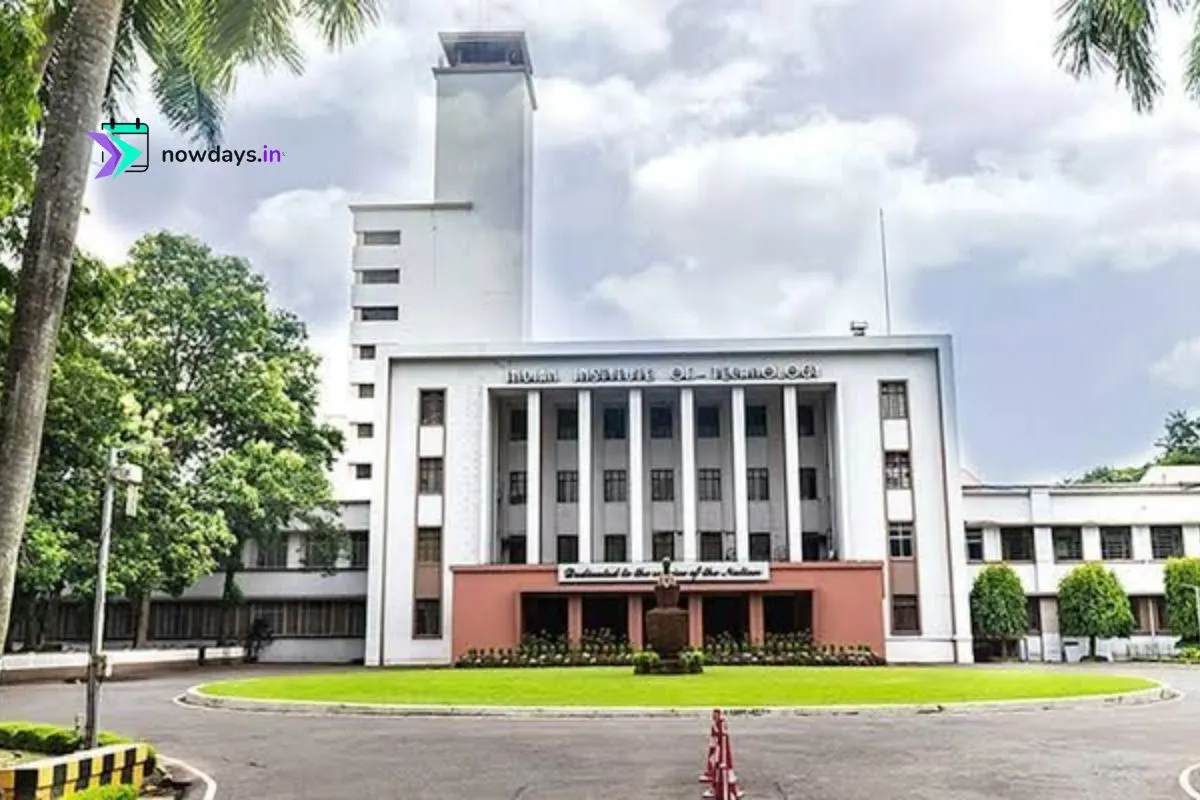Kharagpur, July 2025 – In a desperate response to four student suicides in seven months, IIT Kharagpur has announced a radical new approach: deploying student-led task forces at every hostel wing to detect early signs of distress among peers. The decision comes just 48 hours after 21-year-old mechanical engineering student Ritam Mondal was found hanging in his Rajendra Prasad Hall room – the fifth such tragedy since June 2024.

Crisis at a Glance: The Incidents That Forced Change
- July 18, 2025: Fourth-year student Ritam Mondal found dead after summer break. No prior mental health flags, CGPA above 8.
- May 4, 2025: Third-year civil engineering student Mohammad Asif Qamar died by suicide mid-semester.
- April 2025: Final-year ocean engineering student Aniket Walkar found dead in JC Bose Hall.
- January 2025: Third-year electrical engineering student Shaon Malik died in hostel.
Read more: India’s First AI Teacher, ‘Iris’, Introduced by Kerala School
Table: IIT Kharagpur’s Student Mental Health Emergency
| Period | Deaths | Immediate Response | Systemic Gap |
|---|---|---|---|
| 2024-2025 | 5 suicides | Counselling calendars, door barcodes for help | Reactive, not preventive |
| Past 7 months | 4 suicides | AI wellness app (upcoming) | Lack of peer surveillance |
| Current | 16,000+ students across 21 hostels | Student task forces | Administrative reach limitations |
Inside the Task Force Initiative
Director Prof. Suman Chakraborty confirmed the structure in an emotional address:
How It Works:
- Granular Monitoring: Task force size proportional to wing occupancy (typically 50+ students)
- Vigilance Focus: Tracking academic withdrawal, social isolation, sleep disruptions
- Reporting Protocol: Direct alerts to Hall Council and counselling centre via dedicated app
- Training: Psychological first-aid workshops starting July 25 with new batch
Expert Opinions and Broader Implications
Mental health experts have welcomed the move, emphasizing the effectiveness of peer-led initiatives in educational settings. Dr. Priya Sharma, a psychiatrist specializing in student mental health, stated, “Peer support groups can significantly reduce the stigma associated with seeking help. Students are more likely to confide in their peers than in formal authorities, making these task forces a vital addition to existing support systems.” She also stressed the need for comprehensive training to ensure task force members can handle sensitive situations responsibly.
This approach aligns with global trends in educational institutions, where peer support has been shown to enhance mental health outcomes. However, experts caution that the success of such initiatives depends on sustained funding, regular evaluation, and integration with formal counseling services. The long-term impact on reducing suicide rates and improving hostel safety remains to be seen, but it marks a significant shift toward community-based solutions.
Why Peers, Not Just Professionals?
The institute’s SARTH counselling centre admitted no prior warnings for any deceased students, exposing fatal gaps in traditional systems . As Chakraborty noted:
“Students know informal details about peers that administrators never can. Human intervention must begin where technology ends.”
This shift acknowledges grim realities:
- Only 15 on-campus counsellors for 16,000+ students
- Existing wing reps were “forced into role, indifferent” per student testimonies
- Hostel blocks remain privacy black spots where cameras face ethical dilemmas
Read more: More than 50% of billionaires in India are of Gujarati origin
Part of Broader “SETU” Framework
The task force integrates into a five-pillar mental health overhaul:
- Upgraded Counselling: 24/7 teletherapy and psychiatric care
- Campus Mothers: Female volunteers (controversial but training underway)
- AI Wellness App: Predictive analytics for at-risk students
- Hostel Welfare Units: Physical hubs in each residence
- Student Task Forces: Peer surveillance network
Student Skepticism and Challenges
While faculty call it a “necessary agency transfer”, students highlight hurdles:
- “One representative monitoring 50 students? Impossible without willing volunteers” – Anonymous hostel resident
- Accountability fears: Untrained peers misjudging situations or violating privacy
- Implementation race: Task forces launching July 25 with new batch – just 7 days post-tragedy
Beyond Surveillance: Addressing Root Causes
Director Chakraborty linked recent deaths to academic-internship pressure:
“Students overload CVs during holidays due to parental expectations. This artificial pressure explodes on campus.”
Consequently, reforms include:
- Internship-Study Balance Guidelines: Releasing August 2025
- CV-Building Workshops: Redefining “success” beyond job packages
- Parental Awareness Modules: During new batch orientations
The Road Ahead
As the Supreme Court monitors IIT suicides nationwide , Kharagpur’s experiment could set precedents. Its success hinges on:
- Volunteer Willingness: Moving beyond “forced” participation
- Confidentiality Safeguards: Preventing peer monitoring from becoming policing
- Speed: Implementing SETU before another tragedy strikes
For now, the campus mourns Ritam – remembered as an “academically diligent, gentle coder” – while racing to ensure he wasn’t just another statistic in India’s premier tech graveyard .
If you or someone you know is struggling, contact IIT Kharagpur’s SARTH Centre (24/7) or call AASRA: 022-27546669









2 thoughts on “IIT Kharagpur Launches Student Task Force After 4th Hostel Suicide in 7 Months”